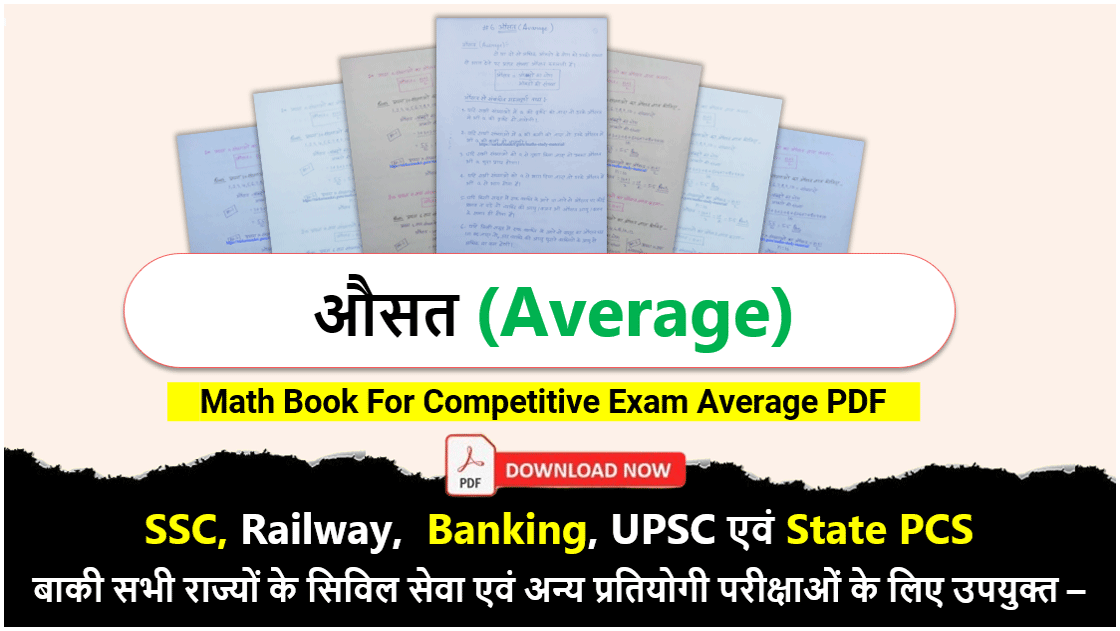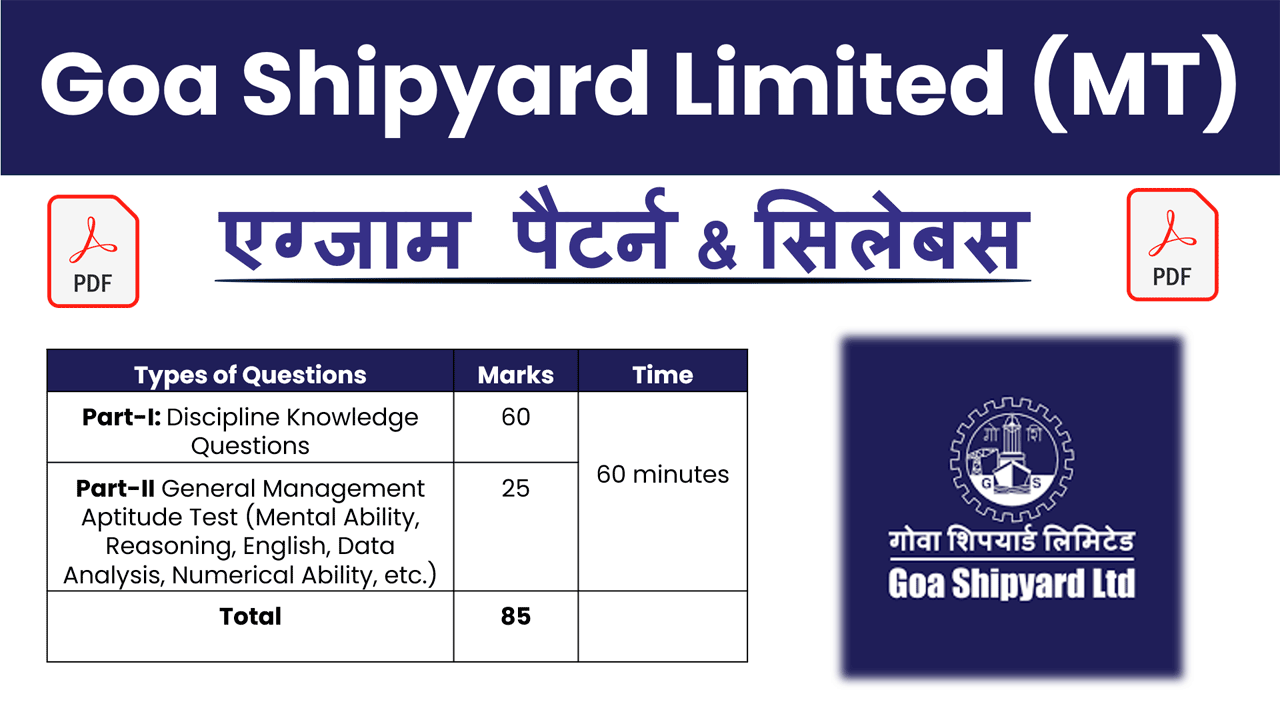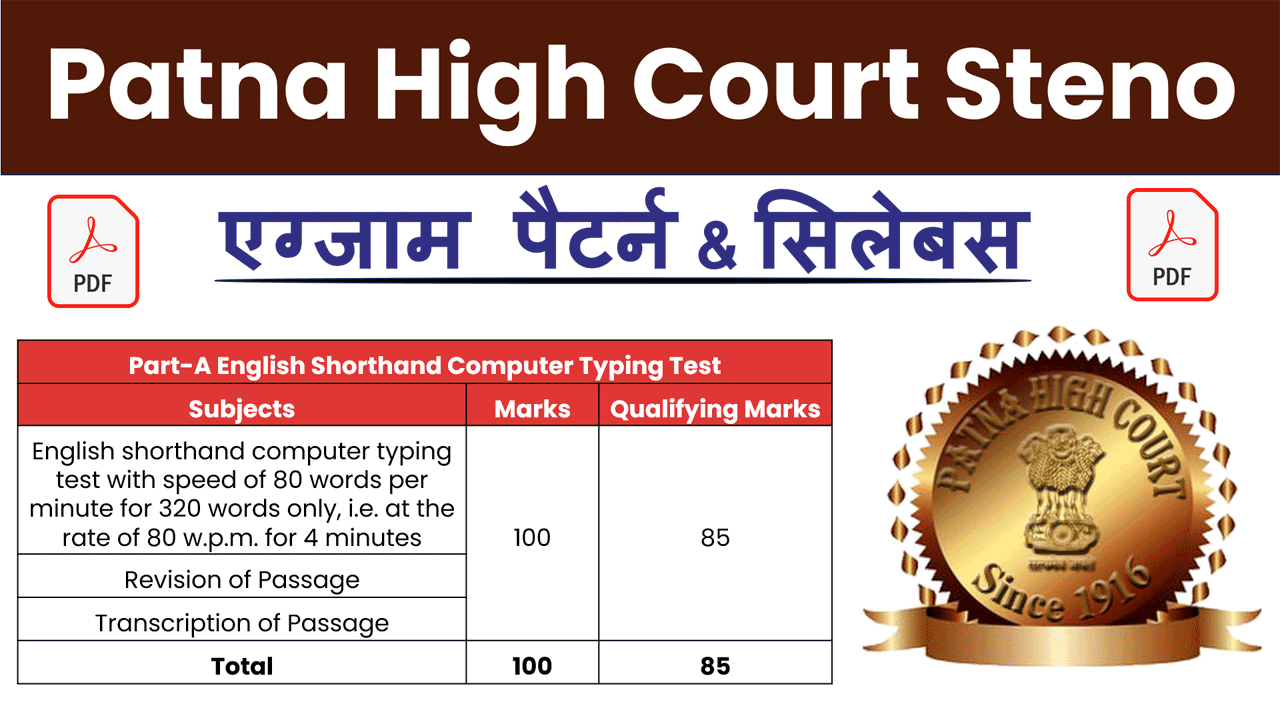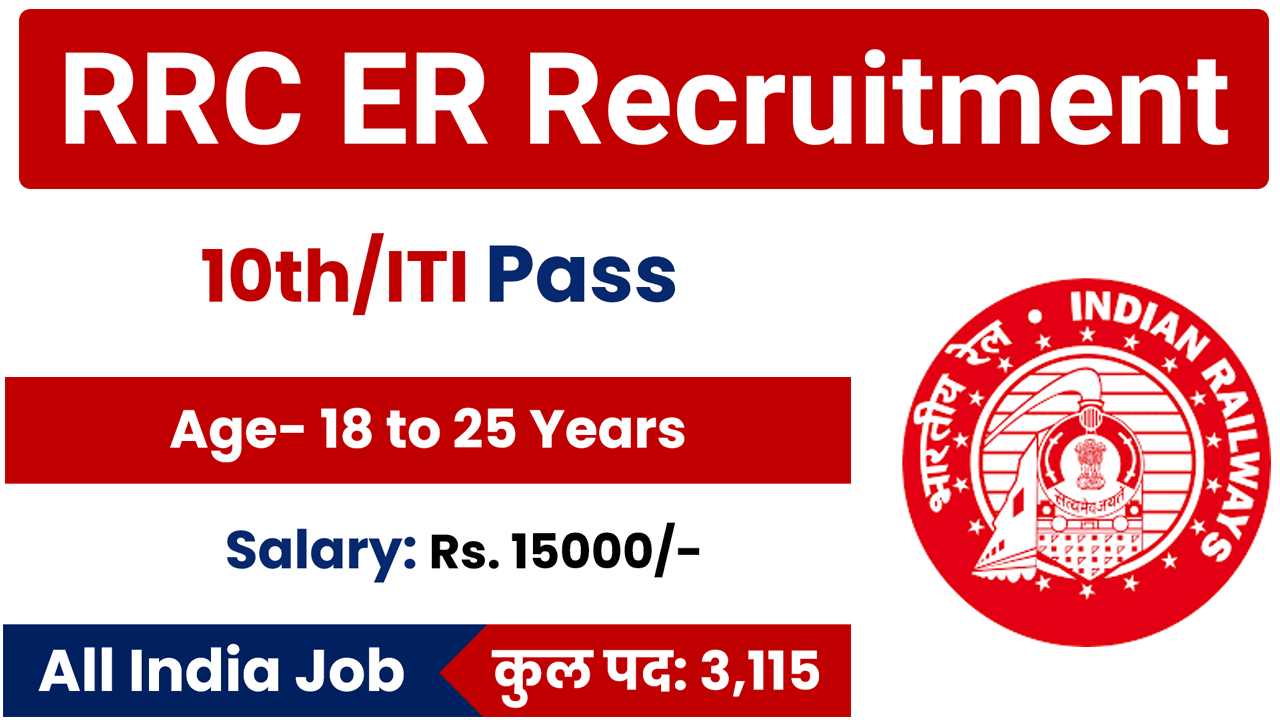Math Book For Competitive Exam Averages: In the realm of competitive exams, mastering the concept of averages is not just beneficial but essential. Whether you’re preparing for entrance tests, government job exams, or any competitive assessment, a strong grasp of averages can significantly boost your performance. This guide dives deep into the intricacies of averages, providing you with everything you need to excel in this critical topic.
| Chapters | Download Links |
| Average📙 | Download 🔗 |
| Compound Interest📙 | Download 🔗 |
| Circle📙 | Download 🔗 |
| Cube & Cube Root📙 | Download 🔗 |
| Cuboid📙 | Download 🔗 |
| Cylinder📙 | Download 🔗 |
| Heights & Distance📙 | Download 🔗 |
| LCM & HCF📙 | Download 🔗 |
| Mixture and Allegation📙 | Download 🔗 |
| Partnership📙 | Download 🔗 |
| Percentage📙 | Download 🔗 |
| Profit, Loss & Discount📙 | Download 🔗 |
| Quadrilateral📙 | Download 🔗 |
| Ratio & Proportion📙 | Download 🔗 |
| Simple Interest📙 | Download 🔗 |
| Simplification📙 | Download 🔗 |
| Speed, Time & Distance📙 | Download 🔗 |
| Sphere📙 | Download 🔗 |
| Square & Square Root📙 | Download 🔗 |
| Time and Work📙 | Download 🔗 |
| Trigonometry📙 | Download 🔗 |
What is Average?
Average, often referred to as arithmetic mean, is a fundamental concept in mathematics. It represents the central value of a set of numbers. To calculate the average, you sum up all the values in the set and divide the sum by the total number of values. For example, if you have a series of test scores: 80, 85, 90, and 95, the average score would be (80 + 85 + 90 + 95) / 4 = 87.5.
Importance of Averages in Competitive Exams
- Quantitative Aptitude: Averages frequently appear in quantitative aptitude sections of competitive exams. Questions can range from simple calculations to complex problem-solving scenarios.
- Data Interpretation: Understanding averages is crucial for interpreting data, graphs, and charts provided in exam questions. Many exams test your ability to draw conclusions based on average values.
- Problem Solving: Averages are often used in scenarios involving distribution of resources, population studies, and business metrics. Competitive exams assess your ability to apply average concepts to real-life situations.
Types of Average Problems
- Basic Average Problems: These involve straightforward calculations where you find the average of given numbers or quantities.
- Weighted Average: In this type, different elements have different weights or importance. For example, calculating the average score based on different weights assigned to exams.
- Average Speed and Time: Problems involving average speed, time taken, and distances covered are common in exams testing quantitative reasoning.
Tips for Mastering Averages
- Understand the Formula: Memorize and understand the formula for calculating averages. Practice applying it to different sets of numbers.
- Solve Practice Questions: Regular practice is key to mastering averages. Solve a variety of problems from previous years’ papers and mock tests.
- Conceptual Clarity: Ensure you understand the underlying concepts behind average calculations. This clarity will help you tackle even the trickiest of questions.
Conclusion
In conclusion, mastering averages is not just about solving mathematical problems; it’s about honing your analytical skills and logical reasoning abilities. By familiarizing yourself with different types of average problems and practicing consistently, you can approach competitive exams with confidence. Remember, practice makes perfect, and with dedication, you can excel in this essential topic.
About the Math Book
Looking for a comprehensive guide to mastering averages and other quantitative topics for competitive exams? Our Math Book for Competitive Exam offers detailed explanations, practice exercises, and expert tips to help you succeed. Stay tuned for more chapters covering essential mathematical concepts!












